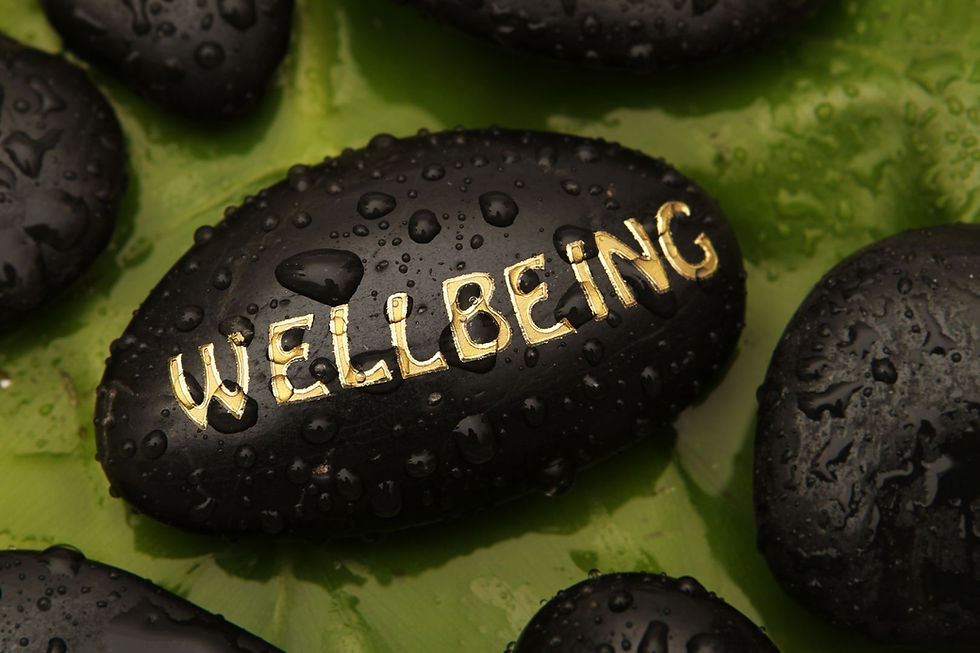Nature and Emotional Well-being
- Sarvinder Kaur
- Aug 12, 2022
- 2 min read
Updated: Mar 4, 2025
Frank Lloyd Wright said, “Study Nature, love Nature, stay close to Nature. It will never fail you.”

Our love for nature is deep-rooted in our evolution and embedded in our genetics. No wonder we prefer rooms with a natural view. We intuitively know the benefits of spending time in nature and numerous studies back up our intuition. Both green spaces and blue spaces are equally beneficial. Remote and biodiverse spaces are considered particularly helpful, though urban parks also lead to positive outcomes. How fortunate we are to live in close proximity to forests, mountains, rivers, and lakes!
A strong connection with nature profoundly impacts our emotional health. Connectedness promotes positive emotions, such as calmness, joy, creativity and can help better concentration.
Our body’s biological response to harmful stimuli and stress is inflammation and higher cortisol. Several studies have found that a walk in the woods can reduce levels of cortisol and blood glucose and improve the state of relaxation. Being in nature improves our mood, sleep, immunity, and physical health.
Evidence shows that the quality of our relationship with nature is one of the reasons for its positive impact on our wellbeing. Researchers use the term “connectedness” to describe the ideal relationship. Connectedness is the way we relate to nature and experience nature. A strong connection with nature profoundly impacts our emotional health. Connectedness promotes positive emotions, such as calmness, joy, and creativity, and can help better concentration.
We can develop or deepen our connection with the natural world through mindful activities where we feel compassion, perceive beauty or find meaning in nature. By spending time outdoors both respecting the beauty that we see and seeking to preserve it, not only we are helping ourselves to strengthen our well-being, we are also helping nature to flourish. A beautiful relationship, indeed.
Resources and suggested reading:
Happy Trails!




Comments